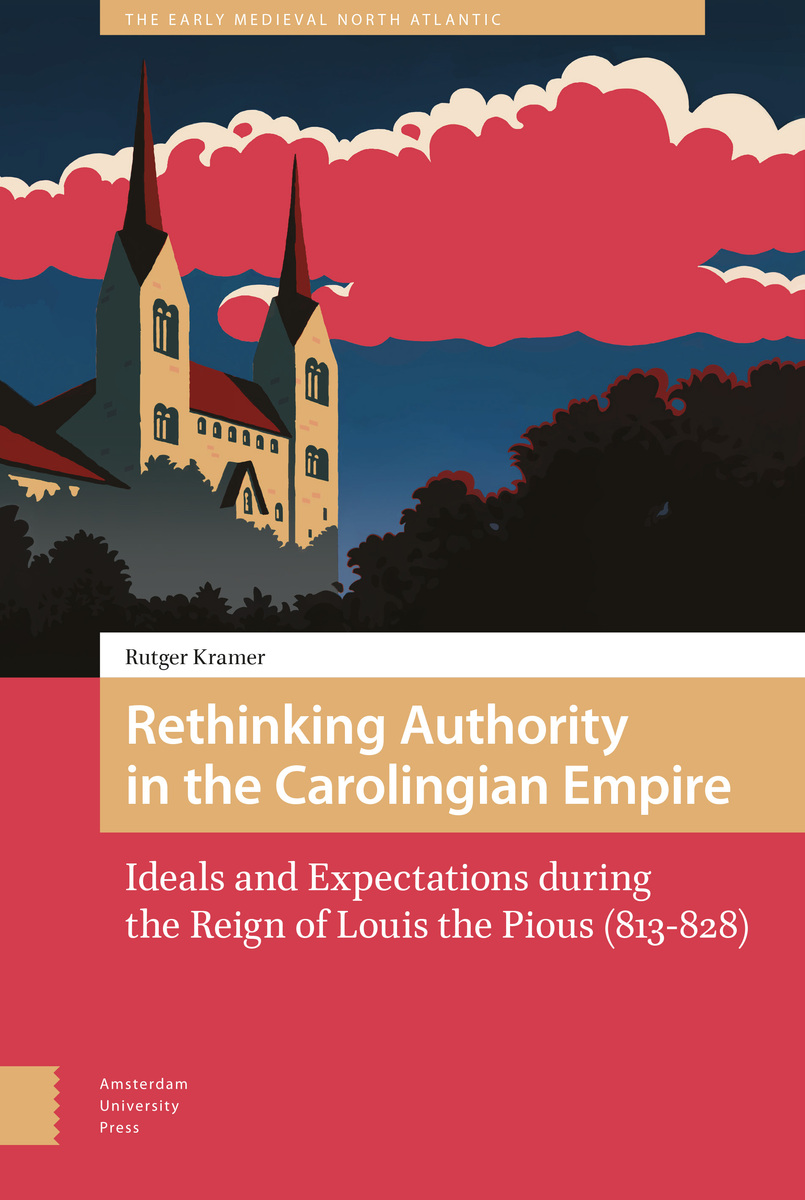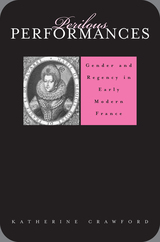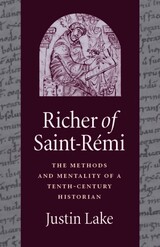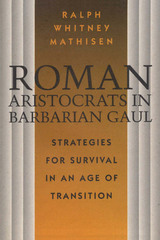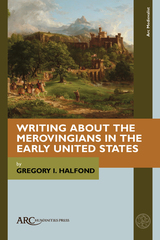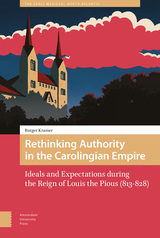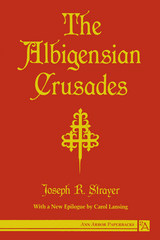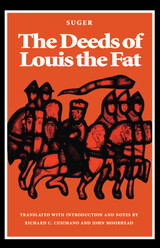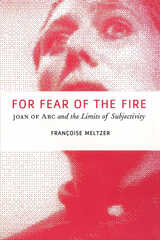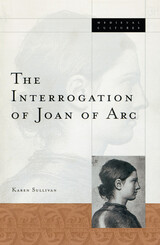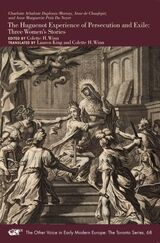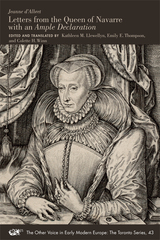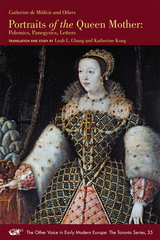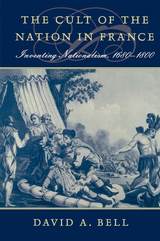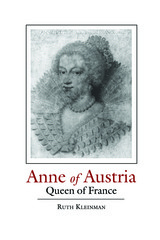Rethinking Authority in the Carolingian Empire: Ideals and Expectations during the Reign of Louis the Pious (813-828)
Amsterdam University Press, 2019
Paper: 978-94-6298-264-2 | eISBN: 978-90-485-3268-1 (PDF)
Library of Congress Classification DC74.K+ 2019
Dewey Decimal Classification 944.014
Paper: 978-94-6298-264-2 | eISBN: 978-90-485-3268-1 (PDF)
Library of Congress Classification DC74.K+ 2019
Dewey Decimal Classification 944.014
ABOUT THIS BOOK | AUTHOR BIOGRAPHY | REVIEWS | TOC
ABOUT THIS BOOK
By the early ninth century, the responsibility for a series of social, religious and political transformations had become an integral part of running the Carolingian empire. This became especially clear when, in 813/4, Louis the Pious and his court seized the momentum generated by their predecessors and broadened the scope of these reforms ever further. These reformers knew they represented a movement greater than the sum of its parts; the interdependence between those wielding imperial authority and those bearing responsibility for ecclesiastical reforms was driven by comprehensive, yet still surprisingly diverse expectations. Taking this diversity as a starting point, this book takes a fresh look at the optimistic first decades of the ninth century. Extrapolating from a series of detailed case studies rather than presenting a new grand narrative, it offers new interpretations of contemporary theories of personal improvement and institutional correctio, and shows the self-awareness of its main instigators as they pondered what it meant to be a good Christian in a good Christian empire.
See other books on: Authority | Church and state | Conduct of life | Ideals | To 987
See other titles from Amsterdam University Press
